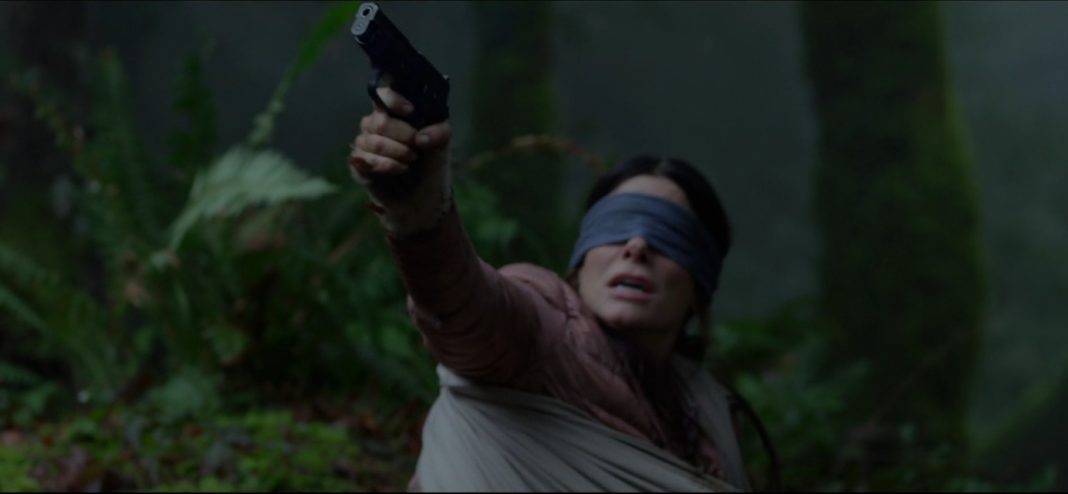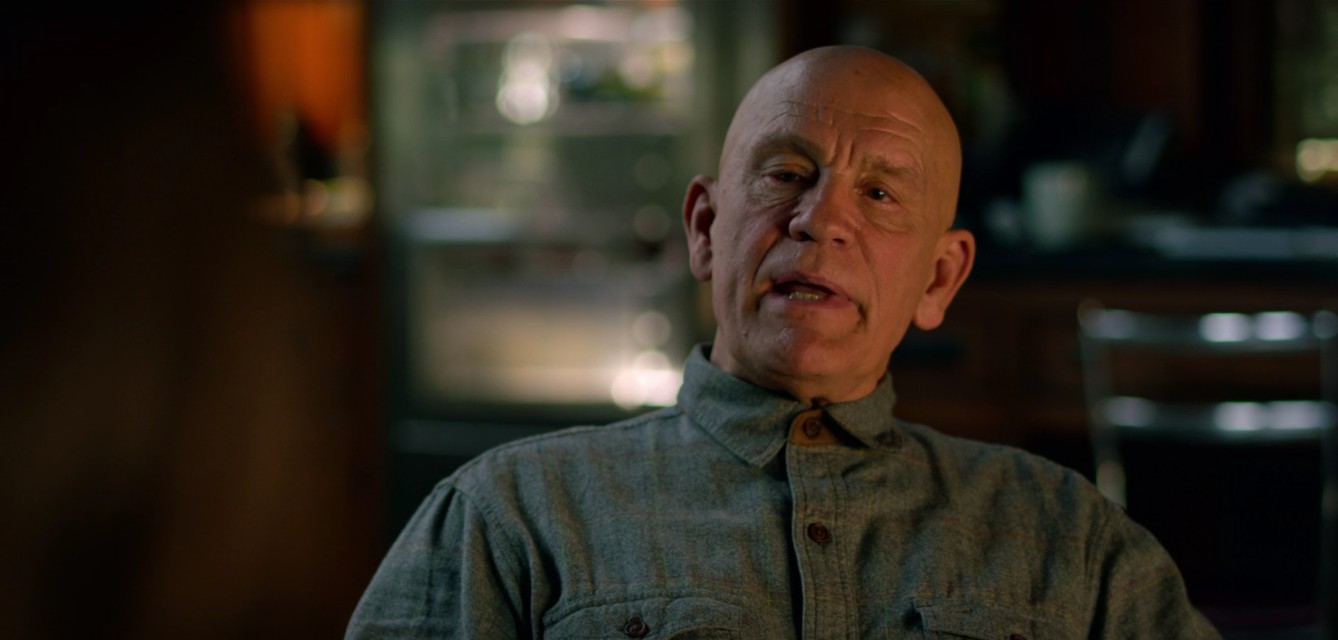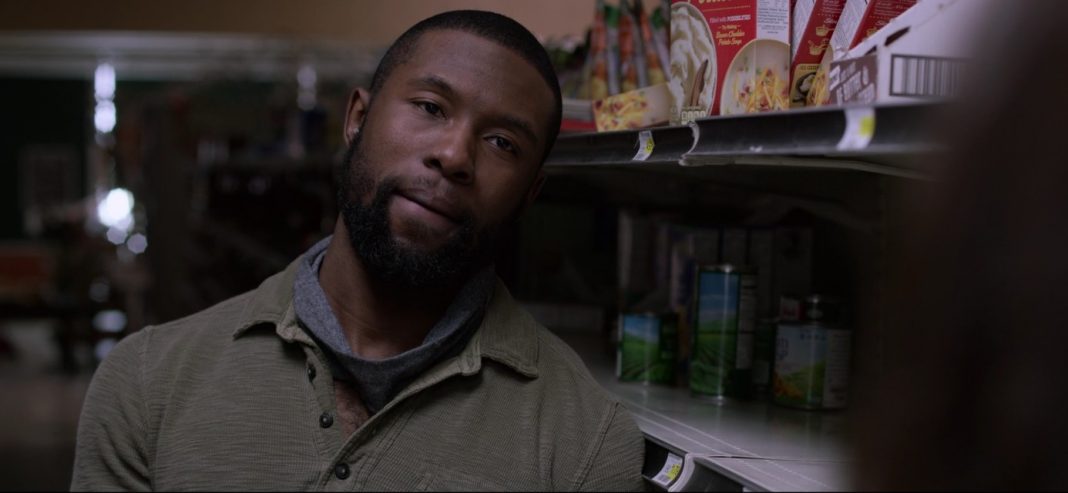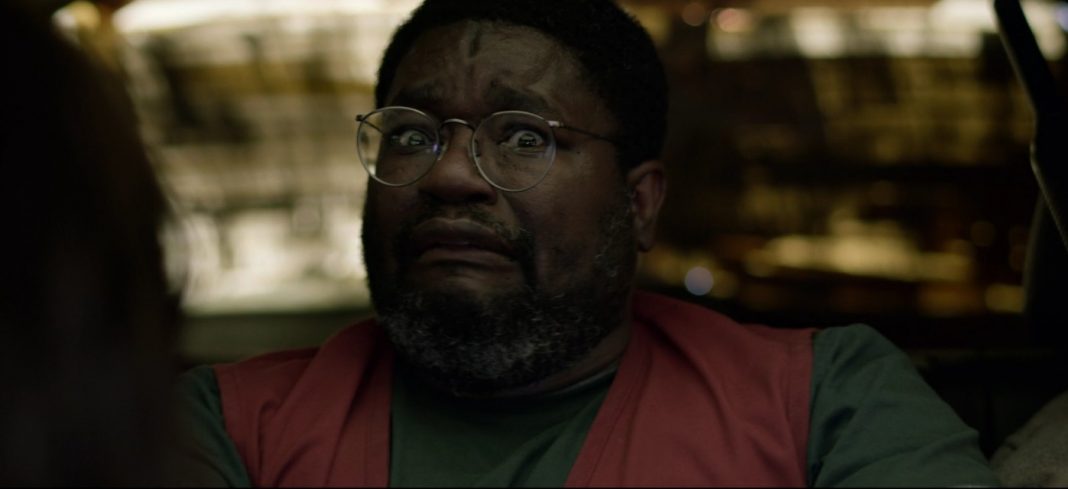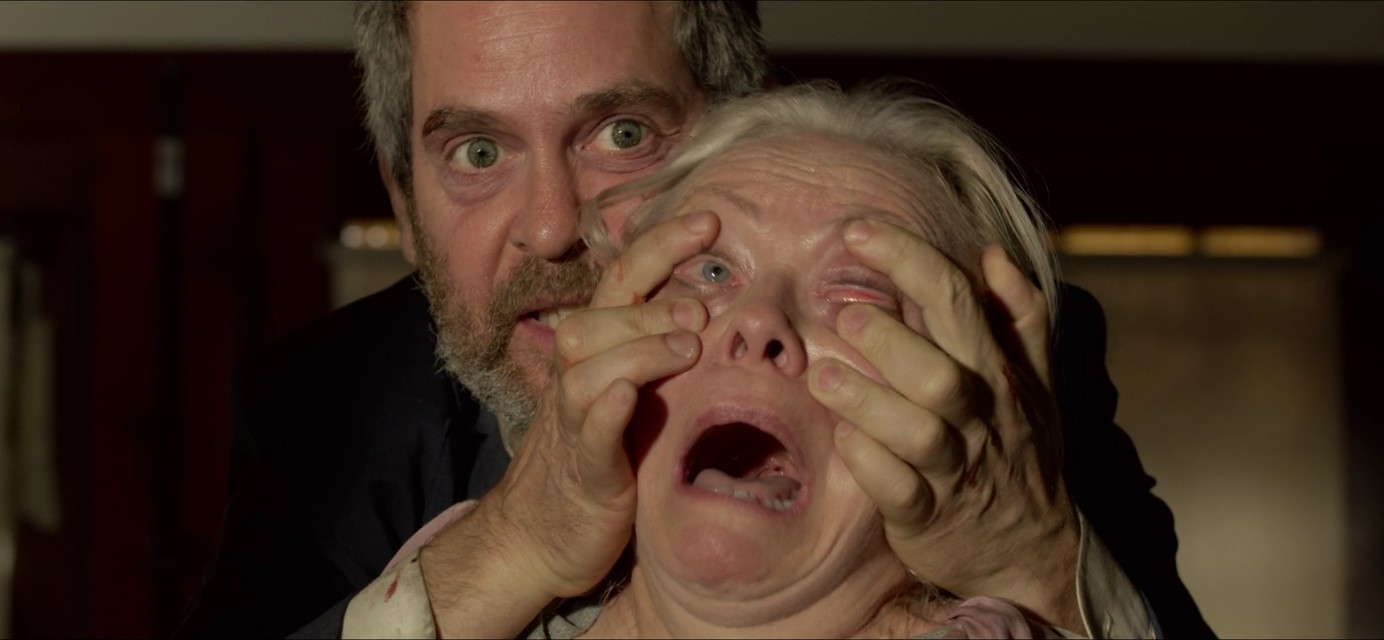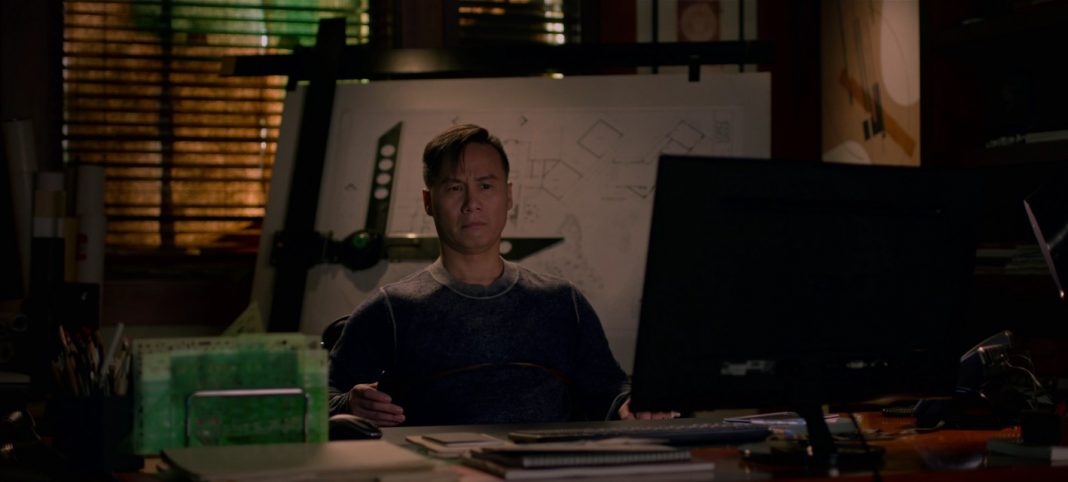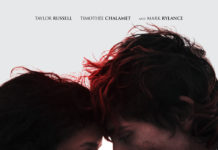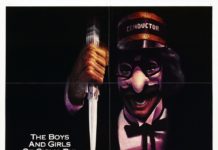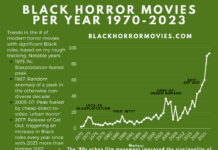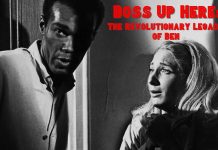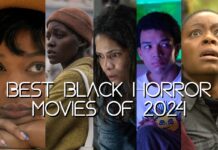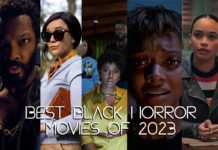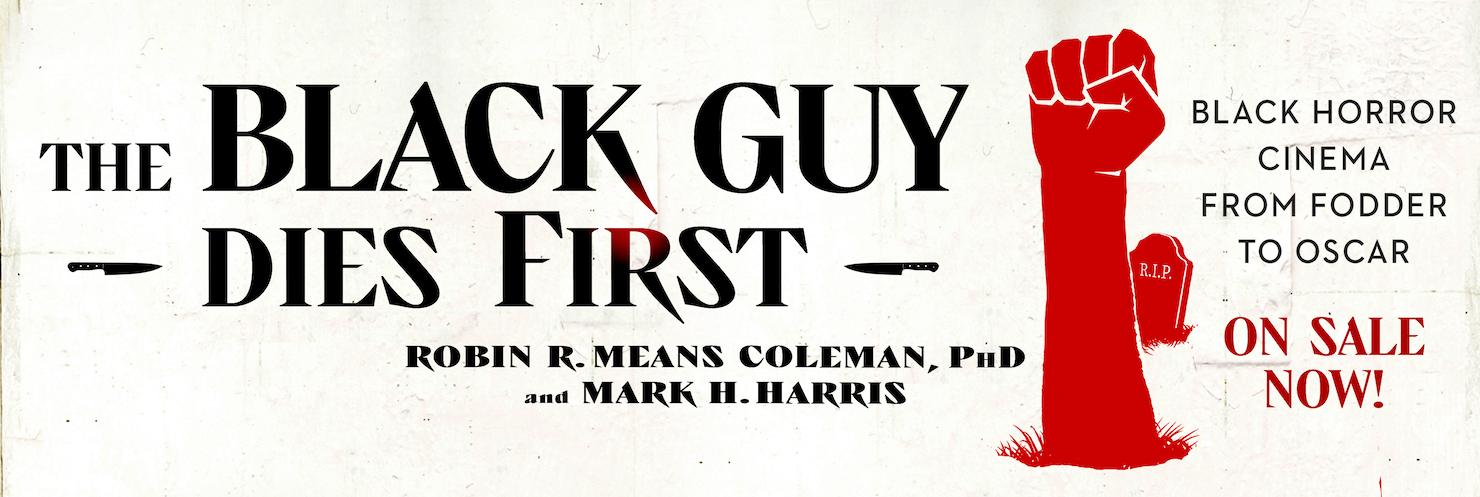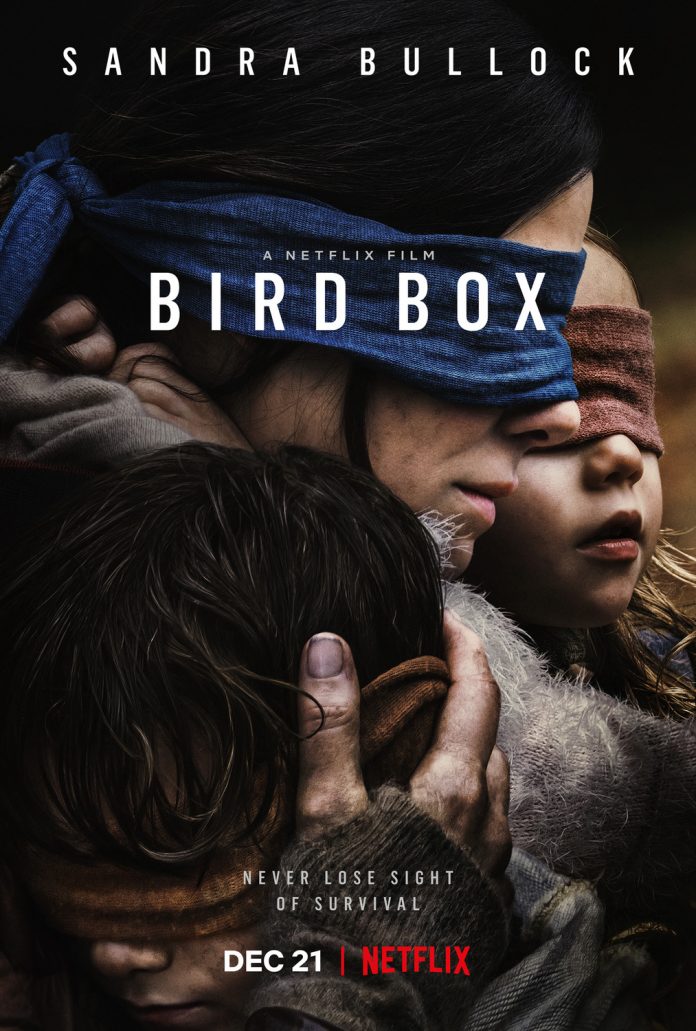*POSSIBLE SPOILERS AHEAD if you’re one of the few people who hasn’t seen Bird Box*
Amidst the ubiquitous memes, late-night show parodies and herd-thinning viral “challenges” inspired by the Netflix sensation Bird Box, the significance of it being a major mainstream motion picture featuring a black male romantic lead (Trevante Rhodes) alongside Sandra Bullock has slipped under the radar. Maybe the lack of attention paid to that aspect of the film is a testament to the fact that, despite the myriad of racial issues in the U.S., Hollywood has made enough strides in racial inclusion in recent years that we take it a bit for granted — at least in the eyes of someone old enough to remember the reactions to Whitney Houston and Kevin Costner’s interracial kiss in The Bodyguard.
(Perhaps even more under the radar is the fact that Rhodes is young enough to be Bullock’s son, a refreshing reversal of the typical Hollywood age disparity along gender lines that goes a small way to reversing the damage done by having to watch Jack Nicholson slob down Helen Hunt in As Good As It Gets.)
Rhodes playing Tom, one of the survivors of an apocalyptic outbreak of mass suicide caused by looking at invading supernatural entities, is a welcome case of colorblind casting, since the character in Josh Malerman’s novel is white — blond and blue-eyed, no less. The script, by contrast, isn’t race-specific, so the interracial nature of the relationship is never addressed and certainly isn’t the central motivating factor that it is in films like Get Out and Lakeview Terrace.
The Tom-Malorie ship is sweet — playful, flirtatious and loving, driven by charismatic performances from Bullock and Rhodes — and unlike the novel, they are allowed sufficient time to not only bond but form a family with her two young children. It’s a sight you don’t get to see on screen very often: not just a black man as the love interest to the white star, but also a black man as a father figure to young white kids — and not in an exploitive way that plays the racial differences for comedy.
It’s nice to see black fatherhood portrayed with tenderness and not, as is often the case in movies, either a hard-ass approach or complete absenteeism. Tom is a damn good dad who’ll lay everything on the line for the two children, and while he’s a strong, take-charge, ex-military type, he’s more nurturing than reluctant mother Malorie. Despite their dangerous surroundings, he’s hopeful and encouraging and is sure as hell a more responsible parent than those assholes in the similarly plotted A Quiet Place who actively decided to bring a baby into a world in which the slightest sound attracts man-eating monsters. What’s the number for Post-Apocalyptic C.P.S.?
Tom runs in stark contrast to the other black character in Bird Box, Charlie (Lil Rel Howery). As outside the stereotypical “box” as Tom is, Charlie lies squarely within the standard racially designated boxes for black people in horror movies. He’s the comic relief, and in horror, that typically means he’s relegated being to the scared-of-his-shadow “spook” stereotype, embodying and expressing the audience’s fears. In Get Out, Howery’s fear came off as smart — so much so, he was able to avoid the danger altogether — but he’s in the thick of things in Bird Box, and his character’s fear makes him act in a frustratingly irrational manner, putting himself in harm’s way more than he needs to be. Ultimately, this leads to what I guess is supposed to be his redemption: a completely unnecessary “heroic death” to save the rest of the survivors.
Even with Tom, although he does nothing for which he must, by horror logic, be redeemed, he likewise ends up sacrificing himself to save the Malorie and her kids. Thus, despite occupying opposite ends of the racial representation spectrum, these two black characters share one trait: the willingness to die for the white lead. The racial pecking order is maintained.
Still, any complaints I have about Bird Box don’t outweigh its merits as a harrowing, emotionally resonant, beautifully shot film that goes a long way to helping Netflix overcome any thought that its tentpole original movies are merely major studio theatrical rejects.
